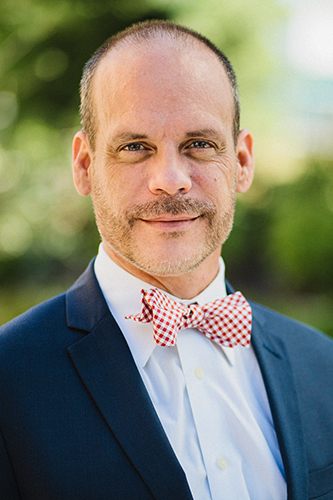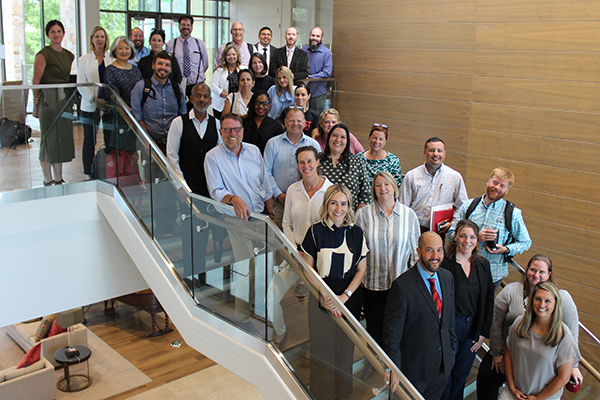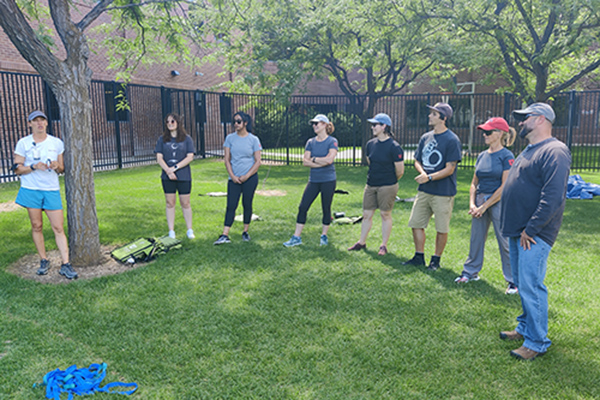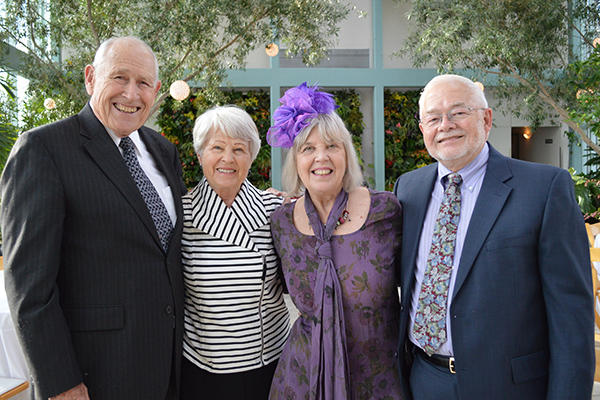About the College of Social Work
CSW Mission Statement
Through education, research, and community engagement, the College of Social Work advances the transformation of policies, practice, and interventions to alleviate human suffering, enhance well-being, and promote social justice.
College Community
The University of Utah College of Social Work, established in 1937, is a leader in social work education in the Intermountain West. The College offers students a welcoming and challenging learning environment where students are encouraged to collaborate with faculty, peers, and community partners in analyzing and resolving critical social problems.
Core Competencies & Accreditation
The University of Utah baccalaureate and master’s programs are accredited by the Council on Social Work Education (CSWE). Accreditation represents a framework for ensuring educational institutions meet established performance, integrity, and quality standards. Our BSW and MSW programs adopt a competency-based approach based on the 2022 Educational Policy Accreditation Standards (EPAS) established by CSWE. The competencies required for accreditation are:
- Competency 1: Demonstrate Ethical and Professional Behavior
- Competency 2: Advance Human Rights and Social, Racial, Economic, and Environmental Justice
- Competency 3: Engage Anti-Racism, Diversity, Equity, and Inclusion (ADEI) in Practice
- Competency 4: Engage in Practice-informed Research and Research-informed Practice
- Competency 5: Engage in Policy Practice
- Competency 6: Engage with Individuals, Families, Groups, Organizations, and Communities
- Competency 7: Assess Individuals, Families, Groups, Organizations, and Communities
- Competency 8: Intervene with Individuals, Families, Groups, Organizations, and Communities
- Competency 9: Evaluate Practice with Individuals, Families, Groups, Organizations, and Communities
Land Acknowledgement
The University of Utah has both historical and contemporary relationships with Indigenous
Peoples. Given that the Salt Lake Valley has always been a gathering place for Indigenous
Peoples, we acknowledge that this land, which is named for the Ute Tribe, is the traditional
and ancestral homelands of the Shoshone, Paiute, Goshute, and Ute Tribes and is a
crossroad for Indigenous Peoples. The University of Utah recognizes the enduring relationships
between many Indigenous Peoples and their traditional homelands. We are grateful for
the territory upon which we gather today; we respect Utah’s Indigenous Peoples, the
original stewards of this land; and we value the sovereign relationships that exist
between tribal governments, state governments, and the federal government. Today,
approximately 60,000 American Indian and Alaska Native peoples live in Utah. As a
state institution, the University of Utah is committed to serving Native communities
throughout Utah in partnership with Native Nations and our Urban Indian communities
through research, education, and community outreach activities.
Message From the Dean

When a lodgepole pine tree burns, it’s hard to see anything but devastation in its brittle, blackened bark. A burnt forest can feel cold, isolating … even hopeless. But the fire that seemingly ripped apart the landscape also offers new opportunities. The heat of the fire opens up the rigid lodgepole pinecones, enabling new seeds the freedom to take root. The flames clear the ground of old brush, offering room to tender grasses and flowers, and revealing previously obscured pathways. Once the smoke clears, we navigate with fresh purpose and find new growth is already at work.
When you really dig down past the challenges, social work is a profession deeply rooted in optimism and hope.
In nearly every student application to our programs, we see reference to this optimism. Powerful and moving stories of lived experiences illuminate the motivations behind the choice of career. Our students feel a drive to help everyone—regardless of background—feel a sense of value and belonging. They tell us they want to help empower others, and to provide comfort and support during a person’s bleakest, most difficult hours. They bring their own energy and unique perspectives that help renew the focus of the profession with each graduating class. Below the surface, social workers are planting seeds for the future.
Social workers embark on this profession not for the rich altruistic rewards, but because they firmly, stubbornly believe an investment in themselves and others can grow lush, thriving communities. We hold tight to the values and ethics of our profession, which charge us with recognizing and honoring the dignity and worth of each person. Social workers know each new seed of kindness and hope planted in a community can spread like wildflowers.
Together, we will continue to cultivate a stronger, more sustainable, more dynamic
ecosystem of caring and compassion.
Philip Osteen, PhD, MSW
Dean
Leaders in Social Justice and Behavioral Health
The College of Social Work develops social work leaders to promote social justice
and behavioral health in all communities. Health and justice includes sociocultural,
economic, sovereign nation, psychological, spiritual, environmental, political, and
biological dimensions. To achieve these aims, we provide rigorous education with a
focus on people from all backgrounds and vulnerable populations, social justice initiatives,
and interdisciplinary collaboration. We collaborate with community partners to develop,
implement, optimize, and evaluate evidence-based approaches to practice and policy.
Our students study and apply critically-appraised research, theories of practice,
behavioral health interventions, models of community practice, innovative research
methods, and policy analyses that prepare them to lead locally and globally. Our faculty
and research staff engage in a research-to-practice model integrating advances in
service delivery informed by translational research. Through federal, state, and foundation
grant funding, the College’s research activities produce and disseminate knowledge
to improve individual and societal well-being.
Computer Lab
Fall and Spring Schedule
Monday - Thursday: 8 A.M. – 7 P.M.
Friday: 8 A.M. – 5 P.M.
Closed: Saturday and Sunday
Classes in the lab
The lab is also unavailable to all students when classes are being held. Postings
will be made prior to classes.
Holiday Break Hours
Hours: 8 A.M. – 4 P.M.
Closed: Saturday and Sunday
The Computer Lab will be closed on all University of Utah holidays and university
closure days.
Lab Rules & Policies
- The lab adheres to the University’s Acceptable Use Policy – PLEASE READ!!!
- Absolutely No Food and/or Drink in the Lab
- DO NOT INSTALL any programs, games, or chat/messaging software.
- If you have questions reguarding email, please click here: University Email and Web Information
If there are any questions regarding these rules and policies please ask the Lab Manager or a Lab Assistant or email: Lab Manager
Contact Us
If you are not sure who to contact, please call or visit our main office for assistance.
Main Office
801-581-6192, Room 101
Dean’s Office
801-581-8827, Room 107
Computer Lab Tech Assistance
801-585-3703, Rooms 211 & 212
BSW & MSW Offices
801-581-8053, Suite 331
PhD Office
801-585-5979, Room 214

 Faculty
Faculty Staff
Staff Emeriti Faculty
Emeriti Faculty